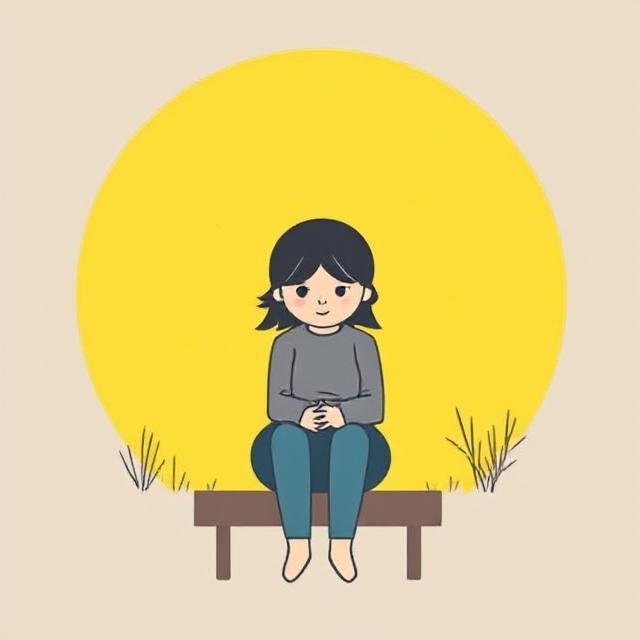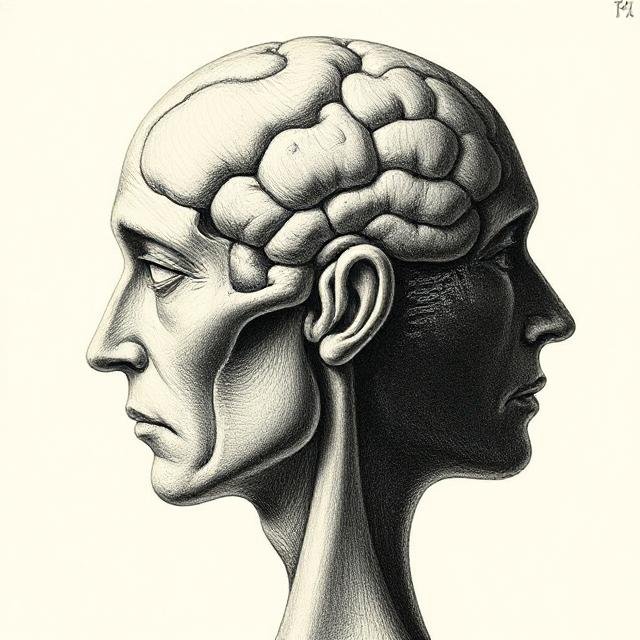Depression is a mood disorder that affects how a person thinks, feels, and behaves. In relationships, it can strain emotional bonds, communication, and intimacy.
About 21 million adults in the U.S. have experienced at least one major depressive episode (NIMH, 2023).
While depression can be deeply isolating for the person suffering, partners often feel helpless, rejected, or exhausted. Understanding that depression is an illness—not a personal failing—is the first step in supporting your loved one.
Here’s how to navigate the complex journey of loving someone with depression:
Educate Yourself About Depression
Learn the signs, symptoms, and treatment options. Familiarity with depression helps you react with empathy rather than frustration.
Consider reading resources from reputable organizations like the National Institute of Mental Health (NIMH).
Listen Without Judgment
Often, your partner simply needs a compassionate ear. Avoid dismissing or minimizing their feelings. Statements like “You’ll get over it” can deepen their sense of isolation.
Avoid Offering Simple Solutions
While well-meaning, telling your partner to “just think positive” is unhelpful. Depression isn’t cured by willpower—it’s a complex medical condition requiring professional treatment.
Encourage Professional Help
Suggest therapy or medical evaluation. Offer to help find a therapist, schedule appointments, or accompany them if they’re comfortable. Treatment can dramatically improve outcomes (American Psychiatric Association, 2022).
Maintain Healthy Boundaries
Supporting a partner doesn’t mean sacrificing your own mental health. Set boundaries about what you can and cannot handle emotionally.
Support Healthy Habits
Encourage activities that gently improve mood, such as:
- Regular exercise
- Consistent sleep schedule
- Nutritious meals
- Time outdoors
Even small steps can make a big difference in recovery.
Focus on Small Wins
Large tasks may feel overwhelming. Celebrate small victories, like getting out of bed or attending therapy. Positive reinforcement builds momentum.
Watch for Warning Signs
Be alert to signs of worsening depression or suicidal thoughts:
- Talking about hopelessness
- Withdrawing further from loved ones
- Increased substance use
Seek immediate help if you suspect your partner may harm themselves. In the U.S., dial 988 for the Suicide and Crisis Lifeline.
Take Care of Yourself
Caregiver burnout is real. Seek support for yourself, whether through friends, therapy, or support groups. Maintaining your well-being ensures you can continue to support your partner.
Keep Communication Open
Let your partner know they can talk to you without fear of judgment. Honest communication strengthens trust and reduces the isolation that fuels depression.
The Impact on Romantic Relationships
Depression affects intimacy, trust, and connection. Partners often feel:
- Lonely or rejected
- Responsible for “fixing” their partner’s mood
- Guilty for feeling frustrated
Couples therapy can help address relationship challenges and teach coping strategies. Remember: depression is treatable, and many couples emerge stronger with the right help.













